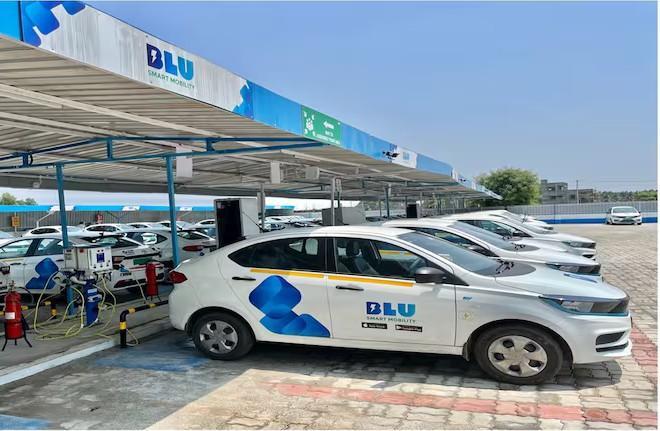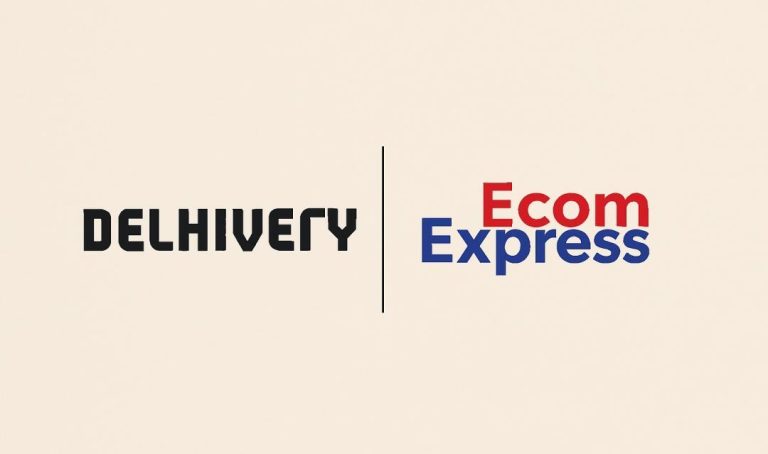
Zepto could’ve died: Aadit Palicha on Silicon Valley Bank crisis
The collapse of Silicon Valley Bank (SVB) in 2023 sent shockwaves throughout the startup ecosystem, with many companies facing existential threats due to the sudden loss of their primary banking partner. Among those who were severely impacted was Zepto, a quick commerce startup that was on the verge of collapse. In a recent interview, Zepto CEO Aadit Palicha reflected on the crisis, stating that the company “could’ve died” if not for some timely interventions.
Founded in 2020, Zepto has been scaling rapidly, promising same-day delivery of essential items within minutes. The company has received significant funding from top investors, including Tiger Global and Sequoia Capital. However, the SVB crisis threatened to derail Zepto’s growth, forcing the company to re-evaluate its strategy and operations.
In the aftermath of the crisis, Palicha spoke candidly about the challenges faced by Zepto, attributing the company’s near-death experience to poor hiring decisions. “The biggest mistakes I made were wrong hires,” he said. “Those mistakes were very costly, especially during that 2022-23 period when it was existential for us.”
Palicha’s comments highlight the crucial role that talent plays in the success of any startup. Zepto’s rapid growth and expansion required a large and skilled workforce, but Palicha’s admission that his hiring decisions were flawed suggests that the company may have struggled to find the right people to fill key roles.
The Silicon Valley Bank crisis was a wake-up call for many startups, highlighting the importance of financial planning and risk management. SVB’s collapse was attributed to a liquidity crunch, which was exacerbated by a surge in withdrawals from the bank by its tech clients. The crisis led to a widespread loss of confidence in the bank, ultimately resulting in its failure.
For Zepto, the crisis was particularly devastating, as the company was heavily reliant on SVB for its financial operations. Palicha revealed that Zepto had around $100 million in deposits with the bank, which were at risk of being frozen or lost in the event of a bank run. The company was forced to scramble to find alternative banking partners, a process that proved to be both time-consuming and costly.
The aftermath of the crisis has seen Zepto adopt a more cautious approach to financial planning. The company has diversified its banking relationships, ensuring that it has multiple partners to fall back on in the event of another crisis. Palicha has also emphasized the importance of building a strong and resilient team, recognizing that talent is a critical component of any startup’s success.
Zepto’s near-death experience serves as a stark reminder of the challenges faced by startups in the modern economy. The SVB crisis was a wake-up call for many companies, highlighting the importance of financial planning, risk management, and talent acquisition. As the startup ecosystem continues to evolve, companies like Zepto will need to be nimble and adaptable, able to pivot quickly in response to changing circumstances.
In conclusion, Zepto’s CEO Aadit Palicha has spoken candidly about the company’s near-death experience during the Silicon Valley Bank crisis. The crisis was a wake-up call for Zepto, highlighting the importance of financial planning, risk management, and talent acquisition. As the startup ecosystem continues to evolve, companies like Zepto will need to be prepared to adapt to changing circumstances, recognizing that success is often a matter of survival.






